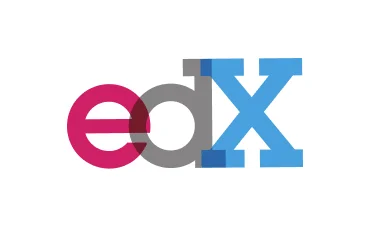When you enroll through our links, we may earn a small commission—at no extra cost to you. This helps keep our platform free and inspires us to add more value.

MichiganX: Community Engagement: Collaborating for Change
Learn principles and strategies for engaging with U.S.-based and global communities through partnerships, research, service, and learning

This Course Includes
 edx
edx 0 (0 reviews )
0 (0 reviews ) 6 weeks at 2-4 hours per week
6 weeks at 2-4 hours per week english
english Online - Self Paced
Online - Self Paced course
course MichiganX
MichiganX
About MichiganX: Community Engagement: Collaborating for Change
Now more than ever, people are seeking ways to affect change in their communities — both locally and around the world. This course is for anyone — from novices to experienced practitioners — who wants to work more effectively with community members and organizations, including through, but not limited to:
community-academic partnerships
social change projects
community service and learning
education and work abroad
traditional and community-based participatory research
non-profit internships
public scholarship
civic performance
Prepare in advance or take this course simultaneously to get the most out of your experience by engaging with communities ethically, respectfully, and sustainably.
Developed by a highly interdisciplinary team of U-M content experts and faculty, this course is designed to be both engaging and challenging, offering an accessible entry into foundational topics as well as a jumping off point to pursue work and further learning in effective community engagement. It is also a toolkit and a roadmap that offers concrete takeaways and resources for working effectively with communities.
Throughout the course, you’ll learn from experienced U-M students, faculty, and staff and local community partners, and you’ll have many opportunities to try out and apply the principles and concepts you’re learning.
No prior community engagement experience necessary.
What You Will Learn?
- valuing community context and expertise;.
- understanding how social identities, power, and privilege impact your interactions;.
- approaches to collaborative leadership, such as listening effectively, resolving conflicts, and building mutually-beneficial partnerships;.
- reflecting on your work, and transitioning in and out of communities; and.
- effectively managing community-engaged projects.